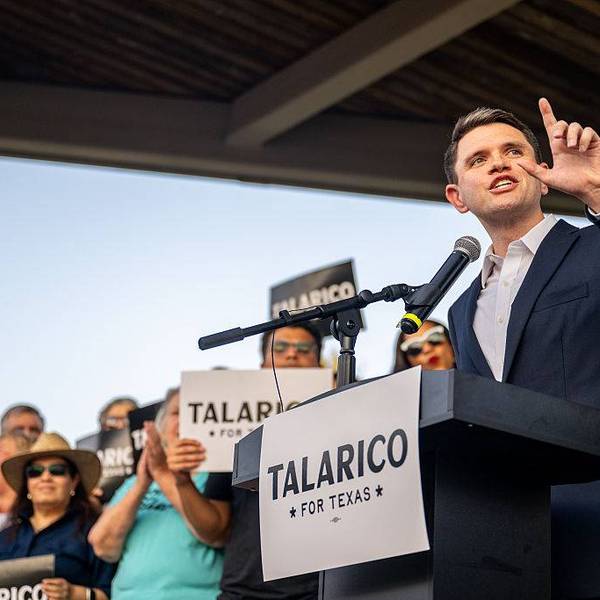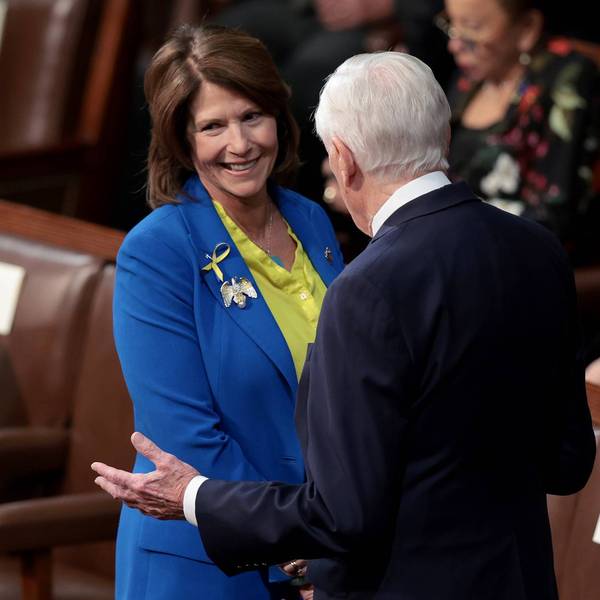Yesterday, The New York Times dropped an investigative bombshell that confirmed in detail what most of us already know: The ultra-rich are in control of our electoral process.
As the Times reports, just 158 families have contributed nearly half of all the money raised so far for the numerous presidential campaigns. "Not since before Watergate," the story states, "have so few people and businesses provided so much early money in a campaign, most of it through channels legalized by the Supreme Court's Citizens United decision five years ago."
Not surprisingly, these donors are overwhelmingly white, male, old, Republican, and rich--very, very rich. These are the people who have made their wealth by cashing in on the under-regulated frontiers of fracking and speculative finance. And they are backing candidates who will ensure that their interests are kept at the front of the agenda.
"[R]egardless of industry, the families investing the most in presidential politics overwhelmingly lean right, contributing tens of millions of dollars to support Republican candidates who have pledged to pare regulations; cut taxes on income, capital gains and inheritances; and shrink entitlement programs. While such measures would help protect their own wealth, the donors describe their embrace of them more broadly, as the surest means of promoting economic growth and preserving a system that would allow others to prosper, too."
Most of these donors are concentrated around only nine cities, and if you combine the neighborhoods--elite, mostly white enclaves--that these political benefactors live in, it would be roughly equivalent to the area of New Orleans. Here's a great breakdown of just where these donors come from, and how they've made their fortunes.
We've known for some time now that the mega-rich, who have a very specific political agenda, have captured the campaign-finance system. This investigation serves, however, to turn that notion from an abstract to a very tangible concept and brings these political power-players out from the shadows.




